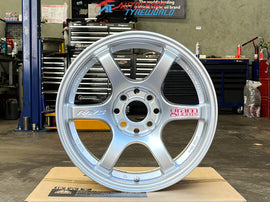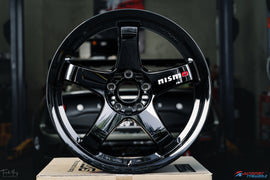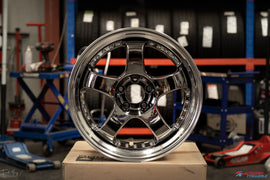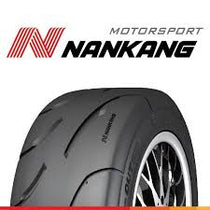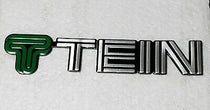Summer Tyres vs. Winter Tyres: Matching the Right Tyres to the Right Season
Your tyres are the only part of your car that touches the road — so choosing the right ones for the season isn’t just smart, it’s essential for safety and performance.
As temperatures rise and fall throughout the year, road conditions change dramatically. To keep your vehicle performing at its best, it’s important to fit tyres designed for the specific season and climate where you drive.
Fast Facts: Your Seasonal Tyre Checklist
✅ Below 7 °C (46 °F): Switch to winter tyres.
✅ Above 7 °C (46 °F): Use summer tyres.
✅ Moderate climates: Consider all-season tyres for a practical, year-round option.
✅ Legal note: In some countries, winter tyres are mandatory during cold or icy conditions.
✅ Key advantage: Seasonal tyres improve grip, braking, and safety while optimising tyre wear and fuel efficiency.
Why Seasonal Tyres Matter
When the weather changes, so do the demands on your tyres.
-
In warm weather, roads heat up, and tyre rubber needs to stay firm for stability.
-
In cold, icy, or snowy weather, tyres must remain flexible to grip the surface.
That’s why tyre manufacturers design specific compounds and tread patterns for each season — because one tyre simply can’t do it all equally well.
Continental, for example, develops premium summer, winter, and all-season tyres with cutting-edge rubber technology to ensure you’re covered in every condition.
When to Use Summer Tyres
Best for: Temperatures consistently above 7 °C (46 °F).
Why they work:
Summer tyres are engineered for precision and performance in warm weather. Their stiffer tread compound maintains shape under heat, delivering maximum road contact and stability.
Key benefits of summer tyres:
-
Excellent grip on dry and wet roads
-
High cornering stability and steering precision
-
Shorter braking distances in warm temperatures
-
Optimised fuel efficiency and mileage performance
Important note:
Summer tyres harden in cold temperatures, reducing grip on icy or snowy roads. Always switch to winter tyres once the mercury drops below 7 °C — even if the roads look clear.
When to Use Winter Tyres
Best for: Temperatures consistently below 7 °C (46 °F), and in regions with snow, slush, or frost.
Why they work:
Winter tyres are made from a softer, silica-rich rubber compound that stays flexible in cold weather. Their deep tread patterns and small grooves, called sipes, dig into snow and channel away slush and water to maintain traction.
Key benefits of winter tyres:
-
Superior grip and control on snow, ice, and wet roads
-
Shorter braking distances in cold and slippery conditions
-
Better vehicle stability and cornering safety in winter
Caution:
Using winter tyres in warm weather can lead to faster tread wear and reduced performance, as the softer compound wears out quickly on hot, dry tarmac.
What About All-Season Tyres?
If you live in an area with mild winters and moderate summers, all-season tyres can be a practical alternative.
They combine the characteristics of both summer and winter tyres to provide reliable performance year-round — saving you the cost and effort of seasonal changes.
Advantages of all-season tyres:
-
Convenient, one-set solution
-
Balanced performance in varying weather conditions
-
Cost-effective for drivers in temperate climates
However, they are a compromise: they can’t match the specialised performance of dedicated summer or winter tyres in extreme conditions.
Key Takeaways
✅ Summer tyres = Best for warm, dry, and wet conditions above 7 °C
✅ Winter tyres = Best for snow, ice, and cold below 7 °C
✅ All-season tyres = Best for moderate, year-round climates
✅ Switch on time: Easter to October for summer tyres, October to Easter for winter
✅ Don’t mix seasons: Always use four matching tyres for balanced handling and safety
Final Thoughts
Whether it’s the heat of summer or the chill of winter, the right tyres make all the difference.
By changing your tyres with the seasons, you’ll enjoy better grip, safer handling, shorter braking distances, and longer tyre life.
No matter the weather, Continental offers tyres designed to keep you confident and in control — every mile of the year.

